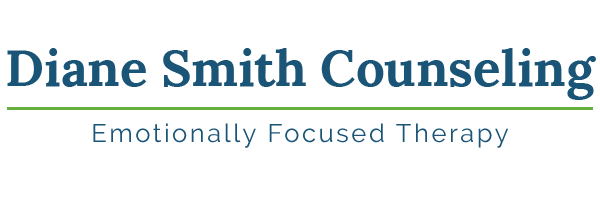From an evolutionary perspective, certain levels of anxiety are an important part of keeping us safe in the world. Our bodies are designed to engage when anxiety is felt because there is something in our awareness that is important to us and wants our attention.
This system is important when we brake quickly for a shortly approaching yellow light, or a glass shatters all over the floor. Our brain elicits an “all systems go” response in the body to enable us to focus on keeping us safe and engaged in these moments. We mobilize our bodies and minds to focus on the task at hand.
For example, we can feel anxiety before taking an exam, engaging in something new or resolving a conflict with a loved one. The anxiety we feel in these moments represents the level of importance we place on succeeding in these tasks and we engage all our tools available to focus on that success.
Equally important is to recognize when our body’s anxious “alert” system is firing for our attention too often. Perhaps it’s “firing” over smaller events that do not need what it feels like, “an entire army” to engage within our bodies to accomplish what is needed.

For example, do you worry about work constantly when you’re at home, or feel anxious and tense even about small events?
Is your mind riddled with a powerless sense of imminent danger, a place where rising panic can be difficult to quell?
Does your apprehension make it tricky to get on with regular life and enjoy each day?
If you are like most people, suffering with your mind “firing” signals of warning you may be in danger most of the time, you may be frustrated, irritated with this chronic brain and body engagement. This is called anxiety disorder. Many people do not know how to manage these anxious emotions and thus will try and suppress them in order to avoid them. Avoidance becomes paradoxical in that it draws us to what we are actually trying to avoid. We are like a moth to flame. We then become caught in a viscous loop that perpetuates the problem often times leaving us desperate for a reprieve.
From an attachment perspective, chronic anxiety, is anchored in one’s inability to be vulnerable. Part of my work is to use my client’s attachment history to help us understand where and how these patterns of functioning originated and to create “corrective experiences” that can rewrite the brain’s processing of fear based stimuli. The client can move from a sense of feeling out of control with what is seen as dangerous to healthy coping mechanisms to address and rewrite what is seen as threatening.
It’s important to know you are not alone. According to the National Alliance on Mental Illness, 40 million adults, or 18% of Americans, experience an anxiety disorder. The good news? There is help.
So, if you frequently experience…
- Constant feelings of dread
- A pounding heart, the racing heightened by the slightest of frights
- Anticipating the worst, regardless of evidence
- Physical symptoms like headaches, sweating, shakes and jumpiness, trouble concentrating, a frequent need to urinate and stomach uneasiness
Or if you often think…
- “It’s safer to stay at home.”
- “But what if…”
- “I can’t breathe / do this / relax / stop / switch off!”
- “They or I could be in danger!”
…There is help. There are proven steps and therapy methods can bring you remarkable relief.
While I know this condition can come with a stigma that may have stopped you from seeking the care you need, your life can and should get better. If you’d like me to show you how, please contact me today for an appointment.
